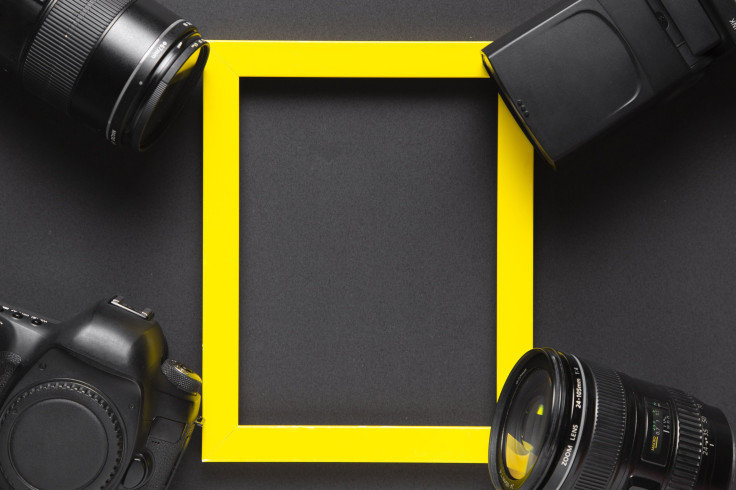Are We About To See Professional Photography Become Redundant?

Technology is - and has for some time now - rapidly changing the way that we work, to the point where people’s fear that automation could soon replace humans has now been validated by multiple reports. It is estimated that robots could replace humans in a quarter of US jobs by 2030, and there are around 36 million jobs at high risk of automation right now, according to a new report. Technology has evolved to the point where people are now seemingly redundant. The art of bomb defusal is now handled by well-designed robots, human translators have been largely replaced by digital language translation services, even job recruiters are stepping aside to make way for the likes of LinkedIn and other online recruitment portals. It’s a strange new world, we now live in.
And there is no denying the perks of automation. Automated technologies have made it far easier for businesses to operate, in particular through the delegation of more repetitive, menial tasks to the machine and AI-powered robots, such as chatbots. But as companies embrace high levels of automation, the threat that more complex and creative jobs are soon to be replaced by “cheaper” labor - i.e. that of robots and other intelligent, machine learning-powered technologies - is beginning to play on peoples’ minds.
Those invested in photography, in particular, are questioning what the impact will be on an industry that can only be described as extremely creative: and whether technology will be the death of photography.
On the one hand, photography is a pursuit that depends entirely on technology when you consider the equipment and processes used in the production of photographs, not to mention the post-production and post-processing processes. On the other hand, there is a very valid fear that with the advent of apps and programs like Instagram and SnapChat, which are dedicated entirely to the quick taking and editing of spur-of-the-moment shots, that the art of photography will soon be all but lost.
For Sergey Pavlishin, CEO of Movavi, Photo Editor - a photo editing software that specializes in one-touch photo enhancement - the future of photography is an exciting one thanks to new technologies.
“Now photography is accessible to almost each and every one of us, in that all you need is a computer or a smartphone to be able to edit fantastic, professional-quality photos,” he said.
If the future of photography is truly this simple, there is no denying that photography will become one of the most popular pursuits of the 21st century over the coming years - and in the best way possible.






